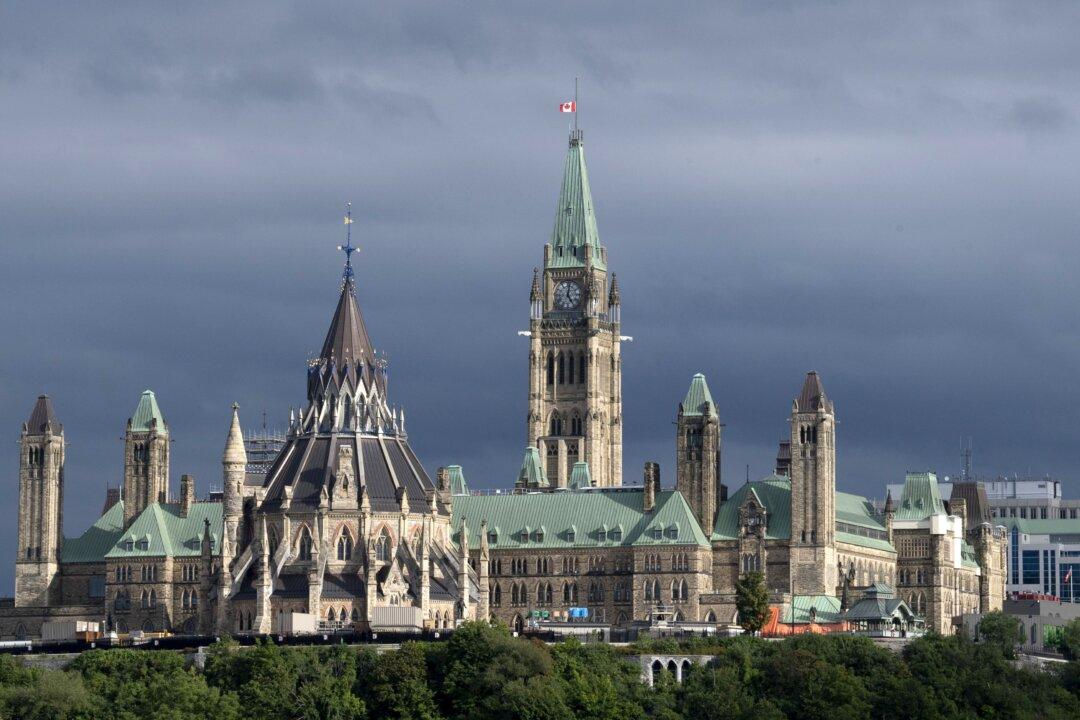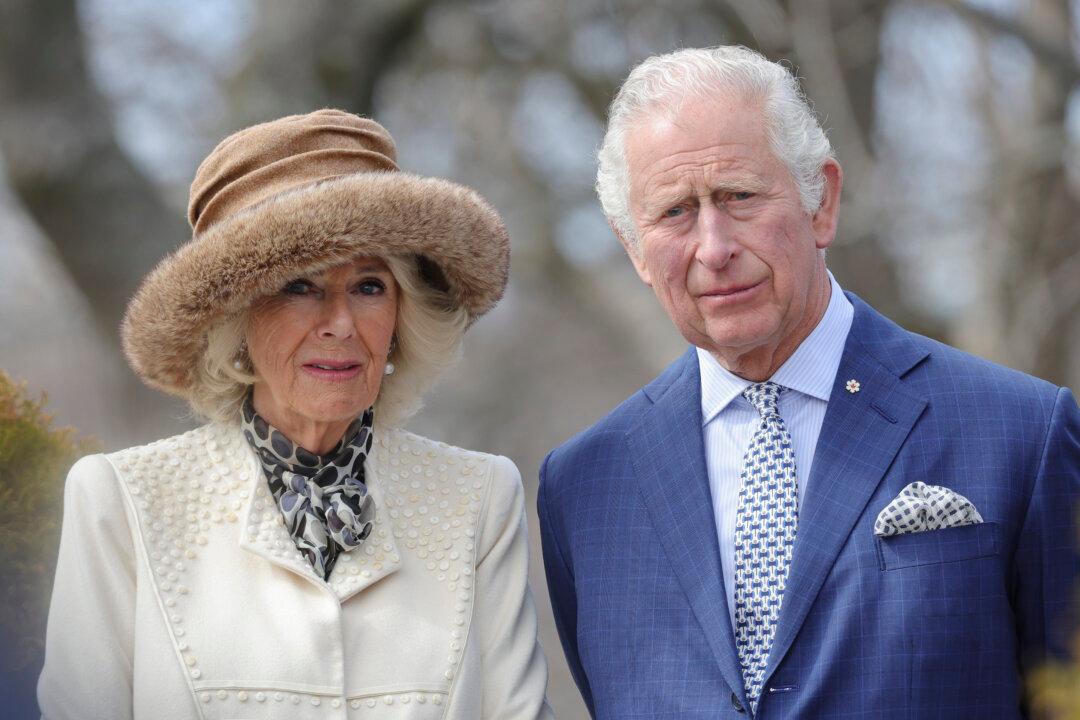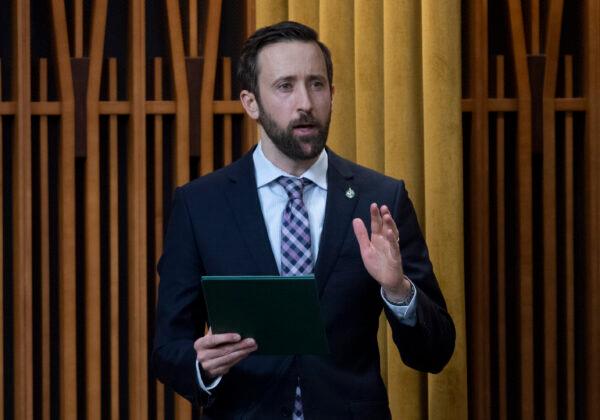Commentary
The recent news that the Conservative Party has decided not to launch a bid to revive the special committee on Canada-China relations is a great disappointment. This is especially so as Beijing’s recent conduct continues to demonstrate the regime’s unpredictability—Canada’s response to which would be immensely aided by the discussions had by those on the committee.





